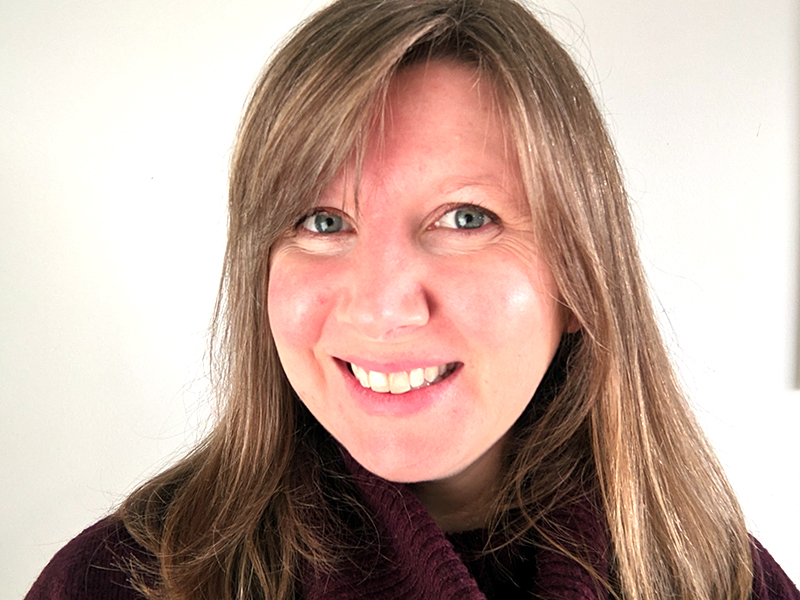Sarah Latto says the Scottish Government's response was anticlimactic
When the Independent Review of Qualifications and Assessment was published back in June 2023, I was excited.
Professor Hayward recognised the need for a qualifications system that better recognised the wider achievements of learners.
Wider achievements like volunteering perhaps? Some of the recommendations in the review also provided cause for optimism, particularly personal pathways for learners and a leaving certificate in the form of a Scottish Diploma of Achievement. Both would provide a fantastic opportunity for learners to reflect on and record their volunteering experiences.
Last week, the Scottish Government published its response to Professor Hayward’s review, and it was all a bit… anticlimactic. Despite the acknowledgement “that education alone cannot address all of the issues our children and young people face post-pandemic”, the government’s response stated that teachers will be central to ongoing discussions.
Teachers are of course vital stakeholders to include, but not to the detriment of other stakeholders who participated in the independent review, including learners themselves.
To prioritise the views of teachers risks perpetuating a status quo where non-school based forms of learning, such as volunteering, are routinely overlooked.
As detailed in our recent briefing on volunteering, education and skills, a considerable amount of learning and achievement takes place outside the classroom.
Volunteers support a range of important development experiences for young people through activities like mentoring, sports coaching and wider youth work activities. In addition, evidence shows that participation in volunteering is a valuable learning experience for young people, but that this mostly takes place outside of school.
In fact, recent trend analysis of the Young People in Scotland survey showed a considerable decline in recent years of young people being encouraged to volunteer by teachers.
Despite my initial disappointment, however, there were a few glimmers of hope. The commitment to a ‘rebalanced’ approach to assessment in some school subjects – perhaps through in class modules rather than exams – could make it easier for learners to have a more experiential and reflective approach.
I am also cautiously optimistic about the decision to build on the My World of Work platform and undertake further review around the prospect of a leaving certificate. Both could provide important platforms for individuals to record and reflect on wider learning experiences, including volunteering.
We have written to the cabinet secretary to share our briefing on volunteering, education and skills, and to invite her to meet to discuss our recommendations.
I may not be a teacher, but I firmly believe that our contribution to this discussion is needed.
If you are interested in how plans for education and skills reform can better reflect volunteering in Scotland, join the conversation in the Volunteering Action Plan Policy Champions Network!
Sarah Latto is senior policy officer at Volunteer Scotland.







